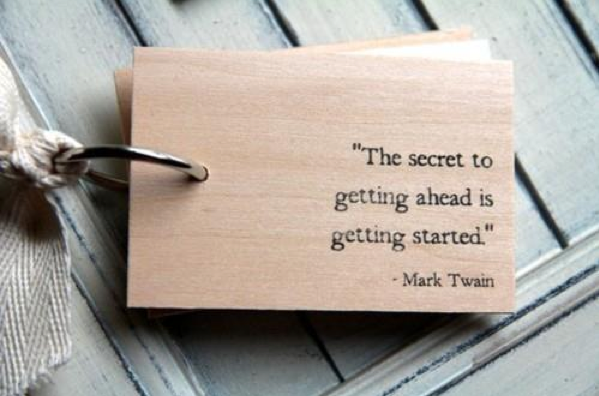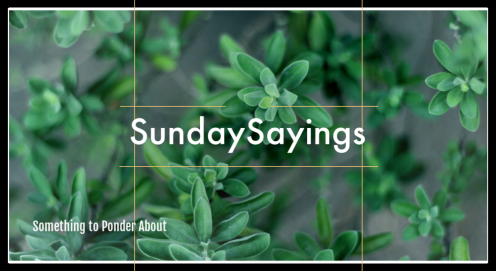
A dear friend who is watching her weight, for health reasons, pointed out that all our social activities are centred around eating food or enjoying drinks. Which makes it harder for her to lose weight, given she enjoys socializing with friends.
I realized that it’s true. Social activities are always accompanied by food or drink.
Pairing Social Activities with Food and Drink
Social invites take the form of:
Would you like a cuppa?
Will we see you at Drinks on Friday?
Let’s discuss it over morning tea,
or even,
Why don’t you come for dinner next Tuesday?
We meet up with friends to chat and spend time with them, to be in the moment with them, to swap stories or new information about their lives.

Why have we fallen into a trap of pairing our social world and discussions with food or drink?
Public Events with Food and Drink
I attended a library event this morning – a conversation styled interview with an author. There on a table to the side were a range of sandwiches, gourmet treats, fruit, tea, coffee, cordial and juice. A three-course meal for some.
In a library!
I remember school libraries as places where food was banned. Woe betide any student that smeared the pages of a book, with peanut butter sandwich residue! Students at my school sat on the floor outside the library building finishing their lunch before entering the sacred hallows where books were lovingly stored.
Don’t get me wrong. I applaud that libraries are re-inventing themselves and attracting a wider audience by hosting regular events.
But, is it an impossible stretch to ask the public to sit and listen to an engaging speaker at a library for an hour, without refreshments? Even when the event is timed between mealtimes?
Business Meeting and Nibbles
It seems business meetings too have gotton on board the food train with the compulsory additions of muffins and barista-styled coffees.
With obesity a burgeoning issue in my country, is the implicit message that we’d be social pariahs if we failed to include the presence of food and drink when chatting with friends or business partners!
The Social Habit of Eating and Drinking Together
I am not innocent.
I have fallen into the habit of structuring social activities around food or drink. My walking group meetings culminate with coffee and, for some, a snack too.
When visitors/guests arrive at my door, it feels customary and polite to offer them something hot or cold to drink?
Why does society feel a compulsory inclination to eat or drink when we talk with others?
Is it some kind of discomfort with our hands remaining empty or idle?
Because it is definitely not about calorie deficits or remaining hydrated in the testy weather of the tropics. This occurs happens all year round and regardless of the time of day.
Early morning events – paired with coffee and or breakfast
Mid morning get togethers – coffee or tea and often a sweet treat
Lunchtime meetings – a meal/sandwich
Afternoon catch-ups – Alcoholic drinks or tea
Dinnertime events- a meal and possibly a dessert
Evening get-togethers – Drinks or warming cup of tea or cocoa
It is lovely, but now feels terribly indulgent.
My Social Challenge
My challenge in the ongoing fight against diminishing metabolic rates and an increasing waistline in my retirement years, is to socialize more without the accompaniment of food or drink – at least some of the time.
I could sit at the beach with a friend and discuss books.
I could walk the bike paths along the beach and NOT have anything more than a sip of my water bottle.
I could visit a friend and maybe decline a cuppa? ( I am unsure about this).
Bloggers Questions:
Blogger brains Trust I ask you:-
Do you think excluding food from social activities will work?
Scenario: You are visiting a friend’s home for an hour or so, or you meet a friend out in the community to chat and no food or drink was offered/ included, would you:
(a) feel comfortable?
(b) consider the friend socially ignorant and avoid future events with said friend as they’ve become a social pariah?
(c) consider that your friend a failure at entertaining guests?
(d) that your friend has suddenly become rude, selfish, anally retentive or even anorexic?
(e) other……
I would love to hear what option seems realistic.























